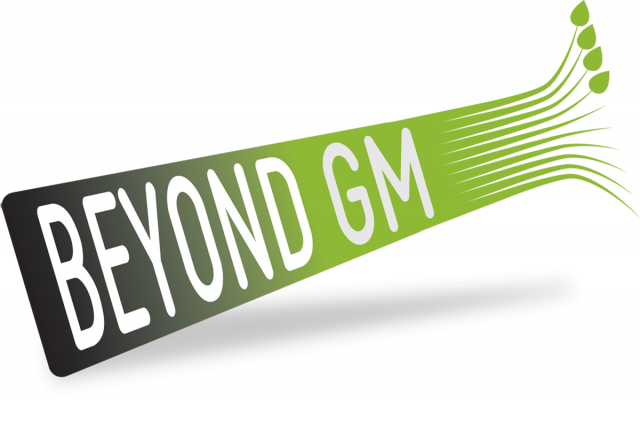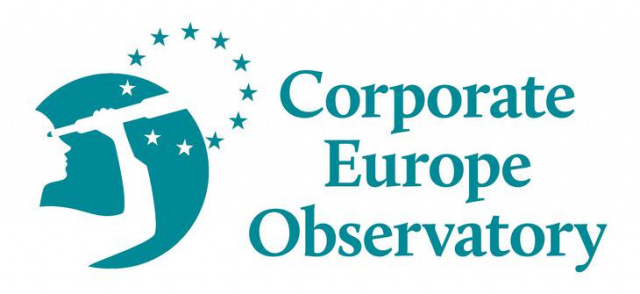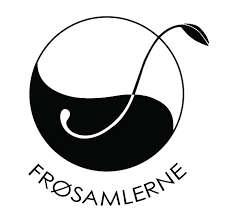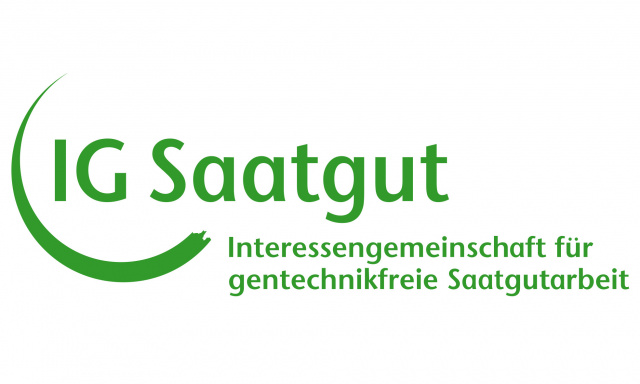7 December 2015 Munich.
The European Patent Office (EPO) is granting more and more patents on conventional breeding. Now a final decision is about to be taken on a patent on tomatoes with reduced water content (EP1211926). Tomorrow, the EPO will have its final hearing on this patent, after which it will grant the patent with just some small changes to the wording. Together with a patent on broccoli (EP10698190), the patent on tomatoes has attracted major international attention and sparked intense debate over several years. At the end of March 2015, the EPO used these two cases to make a precedent decision in order to declare plants and animals derived from conventional breeding as patentable. There is currently growing opposition to this decision: Patent authorities and representatives of the governments of Austria, France, Germany and The Netherlands are amongst those who have publically criticised the EPO decision.
“It is now up to politicians to show they can succeed in the fight against the well-organised interests of the patent business”, says Christoph Then, one of the speakers for the international coalition of “No Patents on Seeds!”. “The EPO, the patent attorneys and big corporations are all benefitting from these patents, but the negative consequences concern society as a whole. It is of the greatest importance that the existing prohibitions are properly implemented.”
Article 53 (b) of the European Patent Convention (EPC) prohibits patents on plant varieties and on essentially biological processes for breeding. The EPO in its current interpretation of patent law has eroded the existing prohibitions and rendered them virtually ineffectual. This is shown in the updated report of the international coalition “No Patents on Seeds!”, which will be presented today in a media conference in Munich. The report includes a detailed political plan of action that should be taken to stop this development and implement effective prohibitions.
It appears that the patent on the tomatoes can no longer be stopped. On 10 September this year, the EPO took the decision that the patent on the broccoli would be granted. “Just doing nothing is not an option. More than a thousand patent applications concerning conventional breeding are already pending at the EPO,” says Ruth Tippe, who is responsible for researching patents at “No Patents on Seeds!”. “Around 120 such patents have already been granted. These patents are on the plant characteristics of around 1000 vegetable varieties.”
A recent call made by the international coalition No Patents on Seeds! to stop these patents has the support of several hundred organisations all over Europe. The coalition No Patents on Seeds! is supported by Arche Noah (Austria), Bionext (Netherlands), The Berne Declaration (Switzerland), GeneWatch (UK), Greenpeace, Misereor (Germany), Development Fund (Norway), NOAH (Denmark), No Patents on Life (Germany), ProSpecieRara, Red de Semillas (Spain), Rete Semi Rurali (Italy), Reseau Semences Paysannes (France) and Swissaid (Switzerland). They are all calling for a revision of European Patent Law to exclude breeding material, breeding processes, plants and animals, their characteristics, the harvest and food derived thereof from patentability.
The report: http://no-patents-on-seeds.org/en/information/background/patents-plants…
The petition: http://no-patents-on-seeds.org/en/information/background/patents-plants…
Contacts: Christoph Then, Tel: +49 15154638040, info@no-patents-on-seeds.org
Dr. Ruth Tippe, rtippe@keinpatent.de















